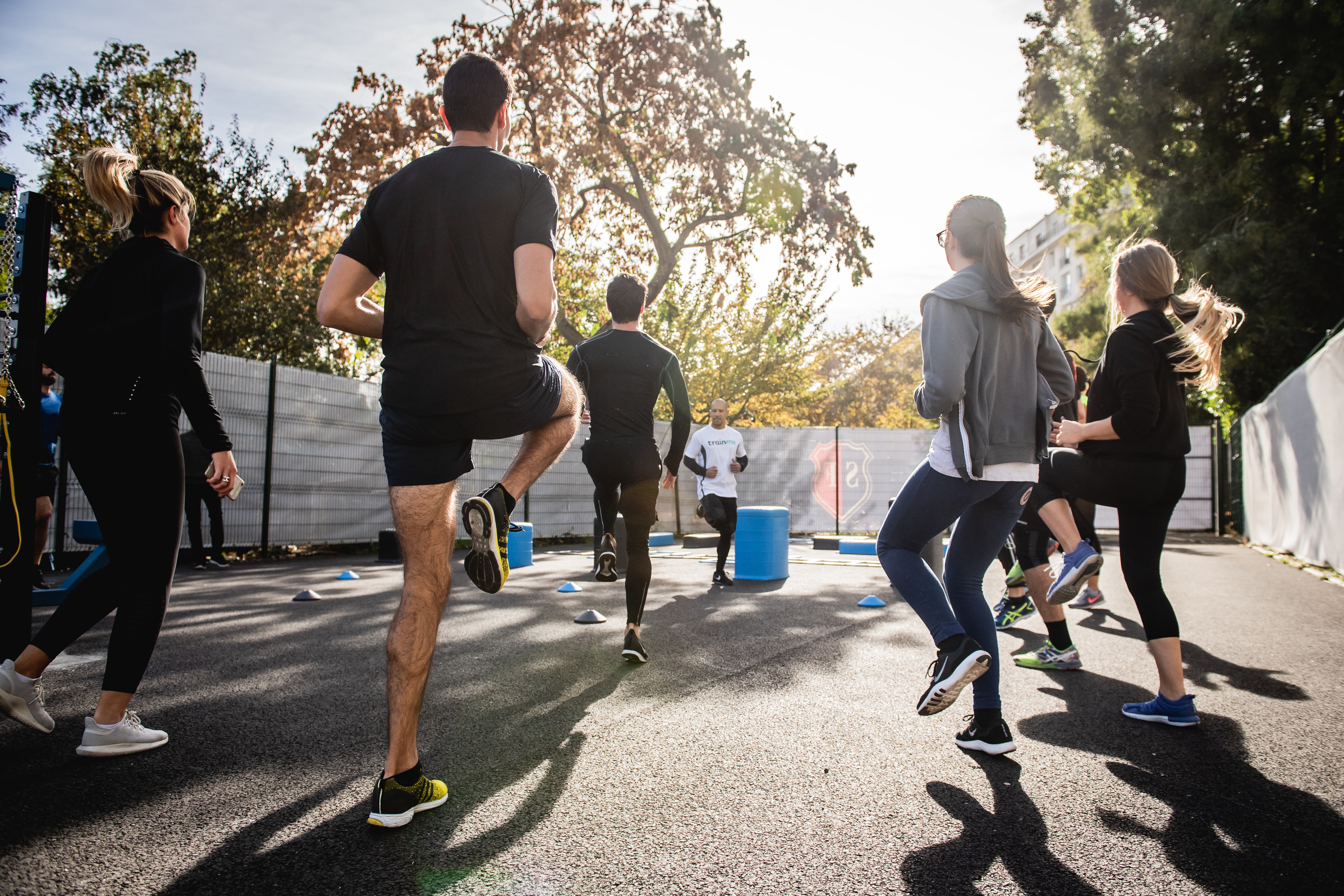The Meaning of Great and Its Differences from Big and Large
For KLovers who want to learn the meaning of great, here is the meaning of great and its differences from big and large, as well as examples of sentences.

Kapanlagi.com - Perhaps you have often heard the term flexibility in everyday life. However, do you already know what it means? Flexibility has quite a few meanings.
After being absorbed into Indonesian, flexibility becomes flexibility. Flexible itself means flexible or flexible. Therefore, it can be understood that flexibility means flexibility or agility.
This refers to a person's body condition and their ability to interact. Considering that flexibility has more than one meaning, there is nothing wrong with you understanding the explanation below. That way, you will be able to use this term correctly in everyday conversations.

Illustration (Credit: Unsplash)
Flexibility means flexibility. In Indonesian, the word has been absorbed into 'fleksibilitas'. According to the Great Indonesian Dictionary (KBBI), this word has several meanings. The first meaning is flexibility and the second meaning is easy and fast self-adjustment; flexibility; awkwardness.
Finally, in sports, flexibility is the ability to move body joints through maximum range of motion without excessive tension. Thus, it can be understood that flexibility has a meaning related to physical fitness. Someone's flexibility will affect physical activity to be more effective.
Not only that, good body flexibility will also reduce the risk of body injury when doing activities. Flexibility can also be understood as flexibility. This relates to a person's ability to adjust when taking action. People who can quickly adjust and avoid awkwardness are called flexible.

Illustration (Credit: Unsplash)
Flexibility means the flexibility of the body. Therefore, you also need to know what factors affect it in the following information.
- Age: Increasing age will affect a person's flexibility. The older a person gets, the less flexible they become because the elasticity of the connective tissue in the muscles will shorten.
- Gender: Women's bodies are generally considered more flexible than men's because the variations and anatomical structures of the joints they have are different.
- Joint type: Joint type can affect a person's flexibility, which is specific and varies in each individual. Joints located in the upper body, such as the shoulders and hips, are more flexible than those in the lower body, such as the legs. Each person also has their own level of joint mobility.
- Physical exercise: Joint flexibility can be trained through physical exercise, especially body stretching. People who regularly train themselves in sports, especially those that prioritize flexibility such as yoga, will have high flexibility.
- Pregnancy: A pregnant woman's flexibility will be affected because the pelvic joints and ligaments are in a relaxed state and have greater joint mobility. During pregnancy, the body will produce the hormone relaxin, which will decrease after pregnancy. At that time, the ligaments will also become tight again.
- Body fat: the amount of fat in a person's body will affect flexibility, especially the body fat tissue around the joints and muscle tissue. Excess body fat tissue increases movement resistance. In addition, freedom of movement will be hindered due to contact between the body surfaces.

Illustration (Credit: Unsplash)
Flexibility means suppleness and agility. Of course, this is a positive thing that has many benefits, including:
- Reducing pain
When exercising, you won't feel too much pain because your muscles will be more relaxed and not tense. You will also avoid muscle soreness and cramps.
- Improving posture
The next benefit of body flexibility is related to posture. Your body posture will improve as your muscles and joints become more flexible. This will affect the length of your shoulders, spine, legs, and so on.

Illustration (Credit: Unsplash)
As previously mentioned, flexibility means adaptability. There are several factors that contribute to a person's adaptability in social life, such as the environment of their home or workplace.
- Being polite: getting used to being polite is key. This will impact your adaptation to new environments and help you to thrive in the future. With that, you will easily find friends to help each other.
- Socializing: making an effort to socialize with people around you is important. You can start by introducing yourself when you are in a new environment. Also, make it a habit to smile when passing by others. The right time to socialize is during breaks at work or when there are activities together in the residential environment.
- Don't be afraid to ask: when you encounter difficulties, don't hesitate to ask for help. Being initiative like that will make you quickly familiar with people around you.
- Mindset: instead of hoping to be understood by people around you, it is better to try to understand others. With that, you have a better chance of placing yourself.
KLovers, that is the explanation of the meaning of flexibility. Flexibility means flexibility in the body and adaptability during the adaptation phase.
(kpl/gen/ans)
Cobain For You Page (FYP) Yang kamu suka ada di sini,
lihat isinya
For KLovers who want to learn the meaning of great, here is the meaning of great and its differences from big and large, as well as examples of sentences.
One of the important features that is often used is recording voice. Usually, people use the method of recording voice on their phones for various purposes. For example, for documentation or data collection during interviews.
Of the many English vocabulary related to technology, disable is one that is quite often encountered. So, what is the actual meaning of disable?
Reported from various sources, here are recommendations for vegetarian restaurants in various cities in Indonesia. Let's check it out, KLovers.
Previously, someone had to copy files to share, now it can be easier by taking a screenshot on a phone. If you don't know the steps to do it, just follow some explanations about how to screenshot ASUS phones below.
For Telkomsel users, there are several methods to check whether your Telkomsel card is already 4G or not. Here's the explanation for you KLovers.
There are several anime titles that come with imaginative touches from their characters. This will make you not feel bored when watching these slice of life anime recommendations one by one. The choices are quite varied, ranging from stories about school children to office workers.
There are various meanings and interpretations of art that can actually relate to many fields. From art to profession, all meanings of art can be found in this article. Let's check out the explanation, KLovers.
Watching action comedy anime can be a great entertainment alternative when you're feeling tired. So, what are some exciting action comedy anime titles that are worth watching?
You need to know that the meaning of the name Azka is quite special. This name can be used to follow the recommendation in giving a good name for a child. Moreover, this name will be carried by someone from birth, growing up, aging, until the end of life.
What are the recommended dinner menu options for diets? According to various sources, here are 11 recommended healthy and easy-to-make dinner menu options for diets. Let's check them out KLovers.
For KLovers who want to know more about the meaning of follow up, here is an explanation of the meaning of follow up along with how to do it.